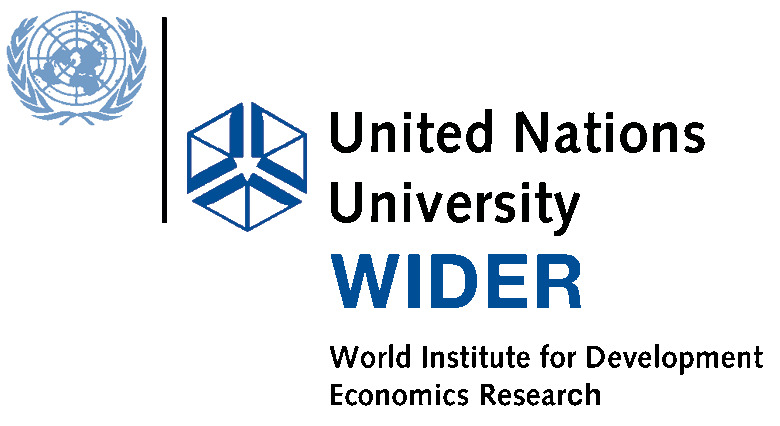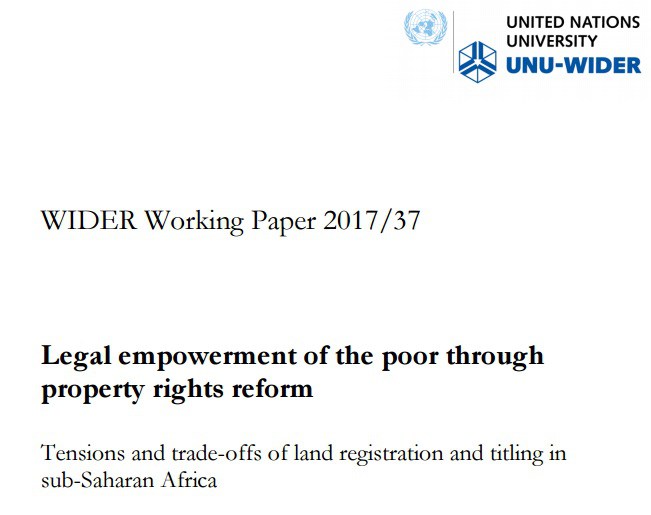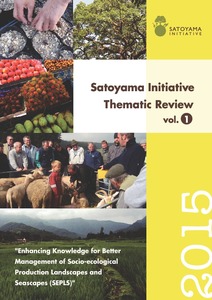Location
The World Institute for Development Economics Research began operations in 1985 in Helsinki, Finland, as the first research centre of the United Nations University.
Today it is a unique blend of think tank, research institute, and UN agency – providing a range of services from policy advice to governments as well as freely available original research coordinated by a core group of resident and non-resident researchers and undertaken by a global network of collaborators.
UNU-WIDER is funded through an endowment fund with additional contributions from Denmark, Finland, Republic of Korea, South Africa, Sweden, and the United Kingdom.
Our mission
• To undertake research and policy analysis on the most pressing concerns affecting the living conditions of the world’s poorest people.
• To provide a forum for knowledge sharing, discussion and debate between researchers and development professionals on how to achieve equitable, gender-balanced, and environmentally sustainable policies.
• To offer capacity-building and training for research and decision makers in economics and social development
Members:
Resources
Displaying 1 - 5 of 9Legal empowerment of the poor through property rights reform
Land registration and titling in Africa has been seen as a means of legal empowerment of the poor that can protect smallholders’ and pastoralists’ rights of access to land and other landbased resources.
Potential biofuel feedstocks and production in Zambia
The need for energy security and climate change mitigation have increased blending mandates worldwide; in Southern Africa, demand for biofuels could increase following South Africa’s planned blending mandates. However, land constraints limit local industry expansion, with demand likely to be met in land-abundant countries. This paper reviews the status of the biofuels industry in Zambia, as a land-abundant country, for the local and wider Southern African market. It identifies potential biofuel feedstocks as crucial elements for establishing a viable industry.
Assessing farmers’ perception for resilience of socio-ecological production landscapes in central and eastern Kenya
In order to understand farmers’ perceptions of resilience
in socio-ecological production landscapes and seascapes
(SEPLS), a participatory field assessment was conducted in
Kenya. A tool developed by the United Nations University-
Institute of Advanced Studies and Bioversity International
was used to elucidate the range of perceptions of risk
faced by five communities living in different agro-ecological
and socio-economic conditions. This paper presents
the practical process of carrying out assessments at the
Tools to Support Transparency in Land Administration: Trainer's Guide
This trainer's guide is complementary to this training toolkit. It is part of an approach that aims to sensitize government agents about land administration, develop their capacity to address issues of corruption and to enhance transparency in the land sector. It focuses specifically on land administration with a view to filling the capacity development gap in the land administration sector. Training content covers key themes clustered into different training sessions related to land governance, transparency, land administration and tools that could help bring about transparency.
Tools to Support Transparency in Land Administration : Training Toolkit
This training toolkit aims to sensitize government agents about land administration, develop their capacity to address issues of corruption and to enhance transparency in the land sector. It focuses specifically on land administration with a view to filling the capacity development gap in the land administration sector. Training content covers key themes clustered into different training sessions related to land governance, transparency, land administration and tools that could help bring about transparency. It comes with a trainer's guide.





